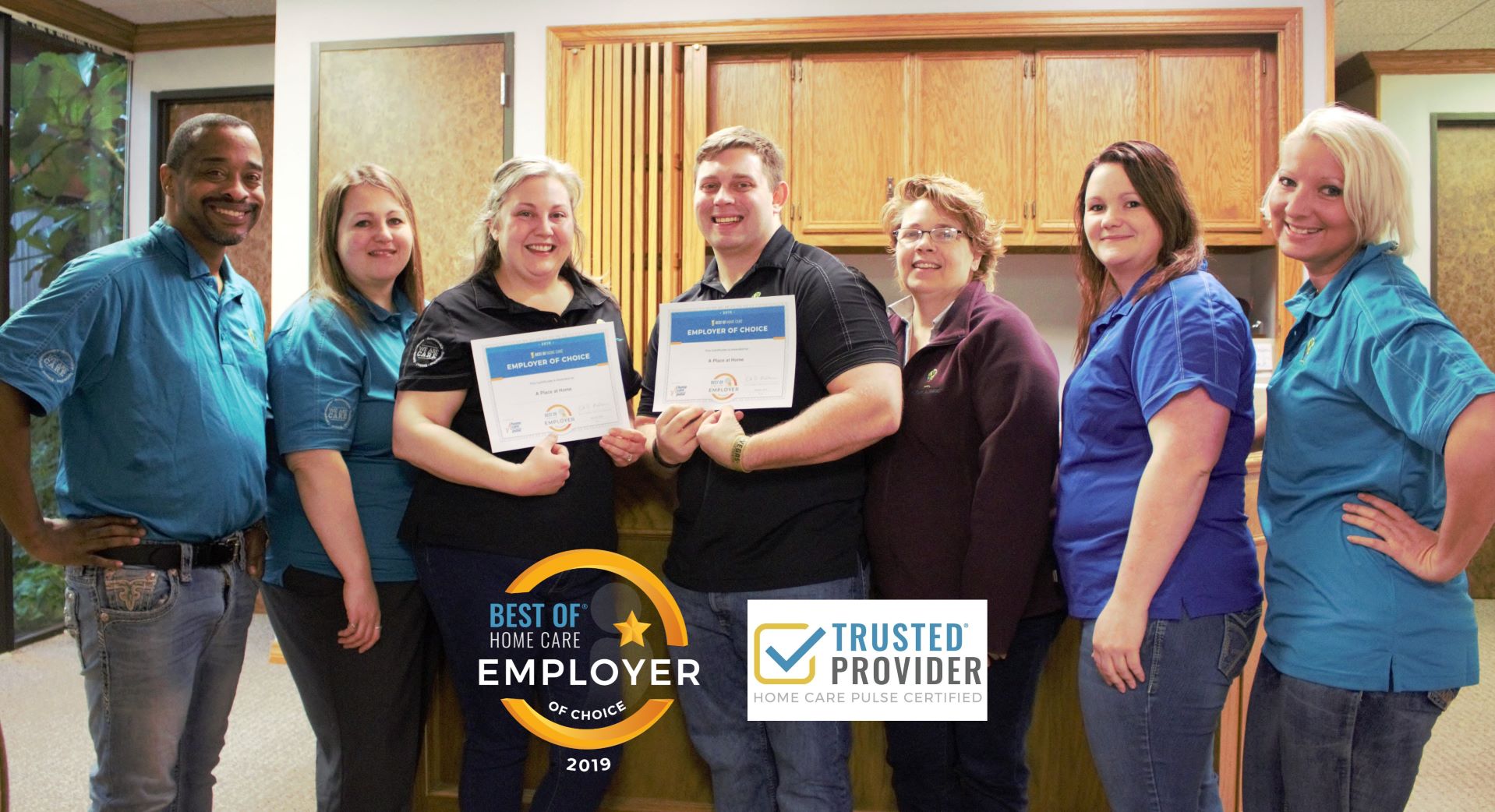Recent changes in our nation’s healthcare laws could have a big impact on the future of skilled nursing facilities (SNF) and their patients. The key change that is set to affect SNFs going into 2019 is the SNF VBP (Value-Based Purchasing) program for Medicare reimbursements.
This program went into effect on October 1, 2018, the beginning of fiscal year 2019 for SNFs, and impacts performance dating back to 2017. As we enter the new year, the full impact will become much clearer as we work our way through 2019.
The What and Why of Skilled Nursing Facilities & Value-Based Purchasing
The 2014 Protecting Access to Medicare Act set into motion the SNF VBP program. Value-Based Purchasing seeks to shift our focus from quantity to quality of service, with reimbursements being tied more to quality.
More specifically, the changes to Medicare reimbursement for SNFs are meant to reduce re-hospitalization rates. There are several reasons for this shift including:
-
- Re-admissions often have a significant negative impact on patients’ physical and mental well being.
-
- Hospital readmissions cost Medicare billions of dollars every year, and reducing this cost remains a priority for Centers for Medicare and Medicaid Services (CMS).
-
- CMS believes that many re-hospitalizations might not have been necessary if a higher quality of care had been provided earlier.
Bottom line, by providing incentive payments to SNFs that perform exceptionally well on service quality, and have fewer unplanned readmissions of their patients, CMS hopes to improve quality of care and save money at the same time.
Possible Risks / Rewards of Skilled Nursing Facilities and Value Based Purchasing
All SNFs that are reimbursed under the Protective Payment System are included in the VBP program. That gives SNFs an opportunity to earn incentive payments but also exposes them to the financial risks of not earning those incentives.
Another possible outcome for receiving low performance scores when comparing your SNF to other SNFs include a negative organizational/brand image,which could impact the ability to acquire new patients. The opposite holds true for those SNFs with high performance scores.
However, another major risk that could leave your SNF and some patients in limbo if not managed well is the 30-day all-cause readmission measure. This rule has been incorporated into SNF VBP, and for many fee-for-service Medicare patients involves an estimate of the risk of readmission, and a cessation of Medicare coverage of readmissions under certain parameters.
Typically, Medicare covers the patients costs for the first 21 days, and then the SNF can be penalized through VBP for any unplanned re-hospitalizations during the patients final nine days.
Going forward, it is essential for SNFs to bolster their quality of care by taking the necessary steps to reduce the risk of unnecessary readmissions.
How to Improve Your VBP Performance Score
There are several strategies which can be implemented to improve quality of care and your SNF VBP performance scores. The scores range from 0 to 100 for each performance period, and there is also a 0 to 90 point “improvement scale score.”
-
-
- Investigate SNF VBP further and understand the metrics used.
-
- Analyze and monitor your reports regularly so you always know where you stand.
-
- Take advantage of quality improvement programs that help you identify the underlying causes of readmissions and then identify solutions.
- Consider having your skilled nursing facility team up with a home care organization for the continuation of high-quality care for your patients, while reducing unplanned re-hospitalization rates.
A Place at Home Transition Care Management Program
A Place at Home’s major focus in 2019 is to prevent SNFs unnecessary readmissions by providing our Transition Care Management Program. The Transition Care Management Program is particularly relevant to SNFs who are looking to improve their scores, reduce readmissions and provide a quality of care that will set them apart from the rest of the pack. This program is a low-cost program that is designed to follow a high-risk patient home and get them re-acclimated back to their environment.
Around 20% of Medicare patients lack the sufficient resources to let them stay at home post-discharge, however, partnering with A Place at Home can provide these clients with the initial resources to get them home and assist them in staying home long term.
What does the APH Transition Care Management Program involve? Below are six key elements:
-
- Transitions patients safely from SNF to the home environment.
-
- Transports them to their home or to their primary care provider, as needed.
-
- Ensures full medication compliance post-discharge, including offering medication pick-up service and medication reminders.
-
- Help keep patients compliant with all discharge orders.
-
- Communicates to all physicians, specialists and ancillary providers that play a role in the patients care.
- Prepares meals, runs errands, grocery shopping, performs light housekeeping, assists with bathing and personal care, and additional common homecare duties.
Under new CMS rules, partnering with a home care provider is essential, especially for clients with chronic illnesses, frequent visits to the ER/hospital, numerous medications, at risk of falling or unable to care for themselves. APH Transition Care Management Program is designed to reduce the risk of unnecessary readmissions, keep SNF reimbursements high, improve patient quality of care, and most importantly improve quality of life.
If you are affiliated with a Skilled Nursing Facility, or work with SNFs and want to discuss this more contact me directly at 402-281-0737 or email at dustin.distefano@aplaceathome.com. Together we can make a positive impact on those we serve.
Author, Dustin Distefano, CEO
A Place at Home










